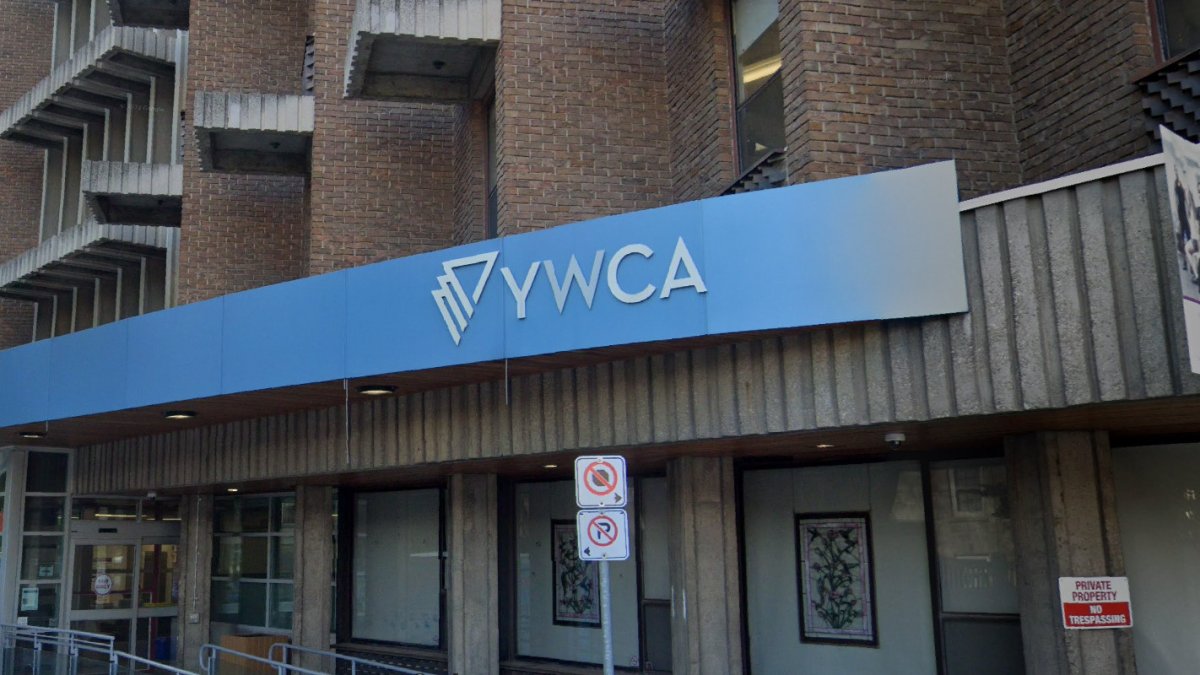The CEO of a Hamilton program aiding women and gender-diverse people struggling with homelessness might have closed if the City of Hamilton hadn’t come to their rescue.

A much-needed $2.6-million funding boost last week from council for the YWCA Hamilton’s transitional housing program is expected to help mobilize availabilities at the 65-bed facility on McNab Street South.
Medora Uppal told 900 CHML’s Good Morning Hamilton the cash will be used to provide increased staffing and allow more women to come into the program faster.
At present, she says up to 15 available units are left unused since there’s no money for staffing and resources needed to turn them over.
Without the money and those beds, she says the YWCA program was potentially “not sustainable.”
“It’s fundamental foundational funding for us really to keep the program open, but beyond that, it actually allows us to bring in more intensive and appropriate supports to assist women who are dealing with really complex issues around homelessness,” Uppal said.
The program allows residents to stay in transitional units for up to a year, ideally moving into permanent housing after that term.
Uppal says the annual money is a “game-changer” considering all the referrals the agency sees from women’s shelters or homelessness services dealing with those precariously housed and living on streets and in encampments.
She says the women they see have a need for more than just housing; they also need supports to aid a long history of trauma, often related to violence they’ve experienced that led to their homelessness.
“One of the biggest challenges for us is those with high-acuity needs, who are really complex (with) more intensive needs,” Uppal said.
“We’ve been unsuccessful in supporting well through the program because we right now with the current funding, only have two staff to assist 65 women.”
The money is also expected to help manage the residential part of the YWCA’s existing facilities, which includes community support spaces providing food and staffing for a 24/7 program.
Hamilton's housing and homelessness plan falling short of targets
The YWCA funding approval comes the same week the city’s general manager of healthy and safe communities characterized the state of the city’s homeless sector as “on the verge of collapse.”
Angela Burden told councillors in a general issues committee budget meeting that the system was struggling amid $22.5 million in social services pandemic relief funding from the federal and provincial governments disappearing.
Lack of funding forced the city during the winter to step up with funding to ensure that critical and essential services continued.
Burden adds that potentially would have to continue going forward, since demand for housing has not dropped back to pre-pandemic levels.
“As one example, I’ve been meeting with the shelter operators and one of our providers indicated that in December and January, they turned away 183 unique families from their family shelter,” Burden shared.
A housing roadmap is expected before council in April, which aims to move away from reacting to emergencies, focusing instead on what it would take to end chronic homelessness.
In January, the city’s housing director Michelle Baird explained that an annual $4-million allocation to support local affordable-housing projects is far short of what’s actually needed.
Compounding the problem is the city producing only around 50 new affordable units per year, far below a 350-unit target set in the previously approved Housing and Homelessness Action Plan to end chronic homelessness by 2025.
Baird revealed in a report that per-unit construction costs have moved from around $250,000 to $500,000, likely requiring capital build funding of $175 million yearly to meet current targets.
“We’re looking at a cost over the next 10 years of $500 million (to) $600 million to preserve what we have,” Burden said.









Comments